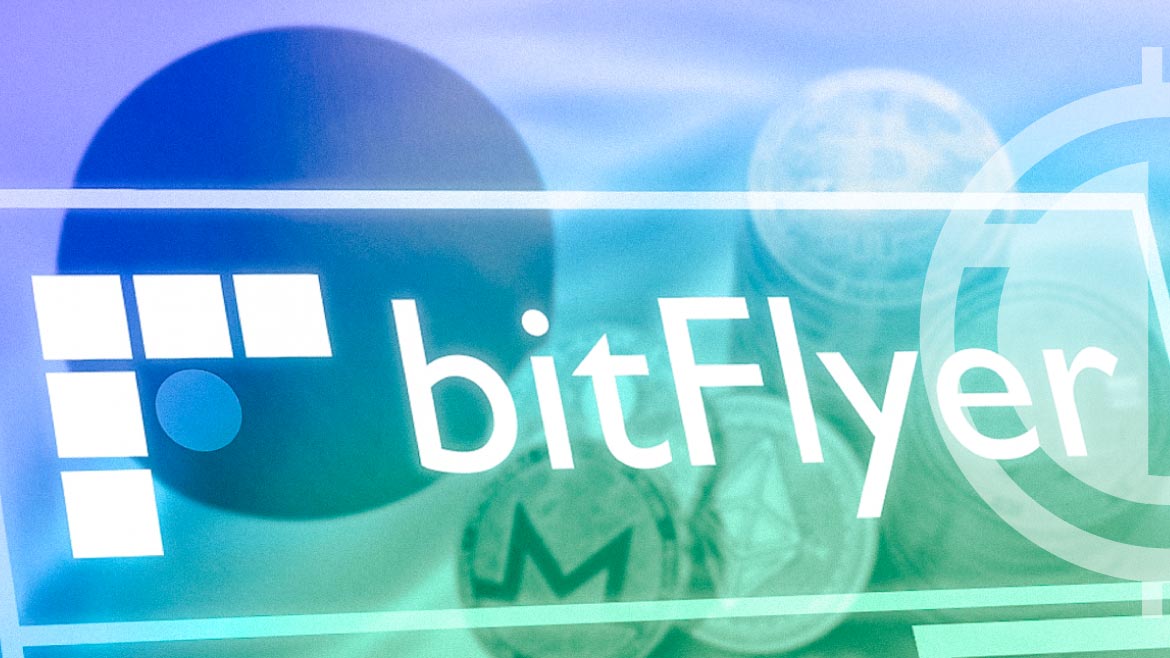BitFlyer, a prominent crypto asset exchange in Japan, has declared its plans to address the implementation of the “Travel Rule.” It has been reported that restrictions have been imposed on all corporate and individual customers who deposit and send crypto assets on Bitflyer.
BitFlyer has implemented new restrictions on deposits and transfers. Per the latest guidelines, transactions to and from exchanges that do not fall under the Travel Rule Universal Solution Technology (TRUST) network have been disabled. Trust, a platform that enables exchanges to manage customer data legally mandated by the Travel Rule securely, has been embraced by major industry players such as Coinbase and Crypto.com.
BitFlyer has recently imposed restrictions on 21 countries and regions that necessitate information notification in accordance with the Travel Rule. The table in the announcement displays a list of countries and regions, encompassing notable jurisdictions such as the United States, Canada, Hong Kong, Singapore, and more.
BitFlyer has announced that its new Anti-Money Laundering (AML) restrictions would now apply to all corporate and individual customers who deposit and send crypto assets via the exchange. This move is effective immediately and aims to enhance the platform’s security and transparency.
A recent announcement revealed that Coincheck is the sole Japanese exchange in the TRUST network and could interact with bitFlyer. Currently, Coincheck and bitFlyer exclusively facilitated BTC transactions through the TRUST system. In the near future, bitFlyer has considered additional cryptocurrencies, such as ETH and ERC-20 tokens.
The announcement comes as Japan prepares to introduce stricter anti-money-laundering regulations for cryptocurrencies on June 1. The Japanese Diet resolved on May 23 to implement stricter anti-money-laundering measures to bring the country’s crypto regulatory environment in line with international standards. Any service facilitating a cryptocurrency transfer of more than $3,000 must provide the recipient exchange or institution with the relevant customer data.






